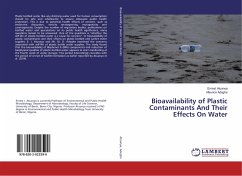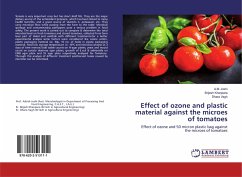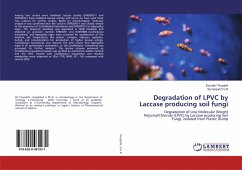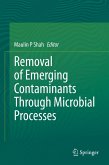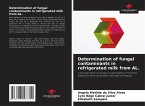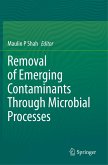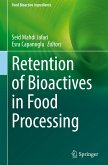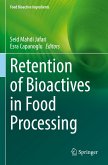Plastic bottled water like any drinking water used for human consumption should be safe and wholesome to ensure adequate public health protection. This is due to potential health effects of concern, such as endocrine disruption, toxicity teratogenicity, mutagenicity and caranogenicity. Despite the number of regulatory bodies, publications on bottled water and speculations on its public health significance, many questions remain to be answered. One of the questions is "whether the self-life of plastic bottled water is a cause for concern". In bioavailability of plastic contaminants and their effects on plastic bottled and sachet water supplies, E. I. Atuanya and Mr. M. O. Adeghe examined the concerns associated with self-life of plastic bottle water supplies. The study found that the bioavailability of Bisphenol A (BPA) components and reduction of biophysical qualities of plastic bottled water appears to start manifesting at the fourth week of water storage. This period interestingly coincides with the period of on-set of biofilm formation as earlier reported by Atuanya et al. (2014).
Bitte wählen Sie Ihr Anliegen aus.
Rechnungen
Retourenschein anfordern
Bestellstatus
Storno

